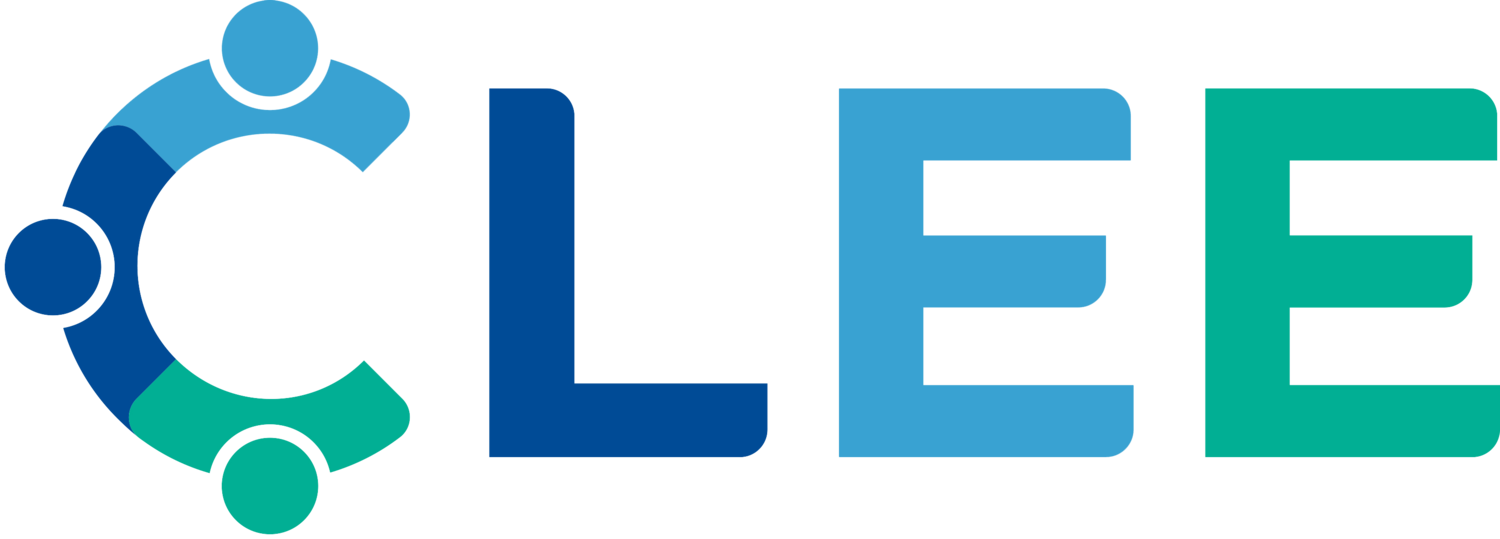Facilitative Leadership - Shifting from Expert to Coach
This ongoing series provides real-time updates on our innovative USDOE-funded program, Equity Leader Accelerator Program (ELAP), currently underway in Massachusetts.
The coaching aspect of my work is one of the most rewarding and most challenging aspects of the job. As coaches, we focus the majority of our time building the Core Leadership Practices and facilitation skills needed of equity leaders. We then support them in applying their newly-acquired skills from theory into practice. When participants independently make connections between the learning and their own leadership practices we call them ‘ah-ha’ moments. For both the participant and the coach, these ‘ah-ha’ moments are incredibly powerful, especially when they center around equity issues.
Recently a participant was grappling with the complex challenge of figuring out how to effectively engage in an equity-focused discussion with her staff. As an emerging equity leader she was at the early stages of making sense of our work together, and learning how to identify inequities within her own school. Her struggle is one that many school leaders grapple with when first engaging in equity-focused work; they are unsure how to navigate the complexities associated with leading the work.
During our early sessions she recognized that centering herself as the sole voice highlighting equity issues might push her staff into their danger zones. I challenged her to consider taking a more facilitative leadership approach with the work and allow staff to independently make meaning of the data and causes of the inequities. She expressed discomfort, highlighting concerns about the urgency to take action, time constraints for staff to complete work of this nature, and how to keep the conversation productive and focused on students.
Todd Simendinger, Continuous Improvement Facilitator and Coach
“Ah-ha” moments frequently occur at the most unexpected times, and this case is no exception. To strengthen her facilitative leadership skills, we engaged in the Atlas protocol, a protocol designed to support participants to make sense of data and identify implications for practice. The objective for our session was to analyze disaggregated MCAS data to identify potential inequities. In the midst of our discussion about the data it suddenly clicked for her. She excitedly asked “what if instead of me presenting the data to staff with my interpretations, I give them the data and have them make meaning of it using the protocol”? ‘Ah-ha’ moment unlocked! All of the concerns she voiced earlier suddenly disappeared because she understood – as a participant – the power of facilitative leadership and the benefits of providing staff structured processes to engage in their own meaning making.
A few weeks later she facilitated a professional development session which utilized the Atlas protocol to make sense of data and discuss potential root causes for the inequities they identified. Observing her lead the session served as an important reminder that the combination of a facilitative leadership approach and the use of protocols are a powerful combination when leading equity work. As she put it “independent discovery and reflection facilitates a depth of understanding and an urgency to address equity issues that would otherwise be impossible to achieve using traditional leadership approaches.” That was my coaching ‘ah-ha’ moment for the day!


